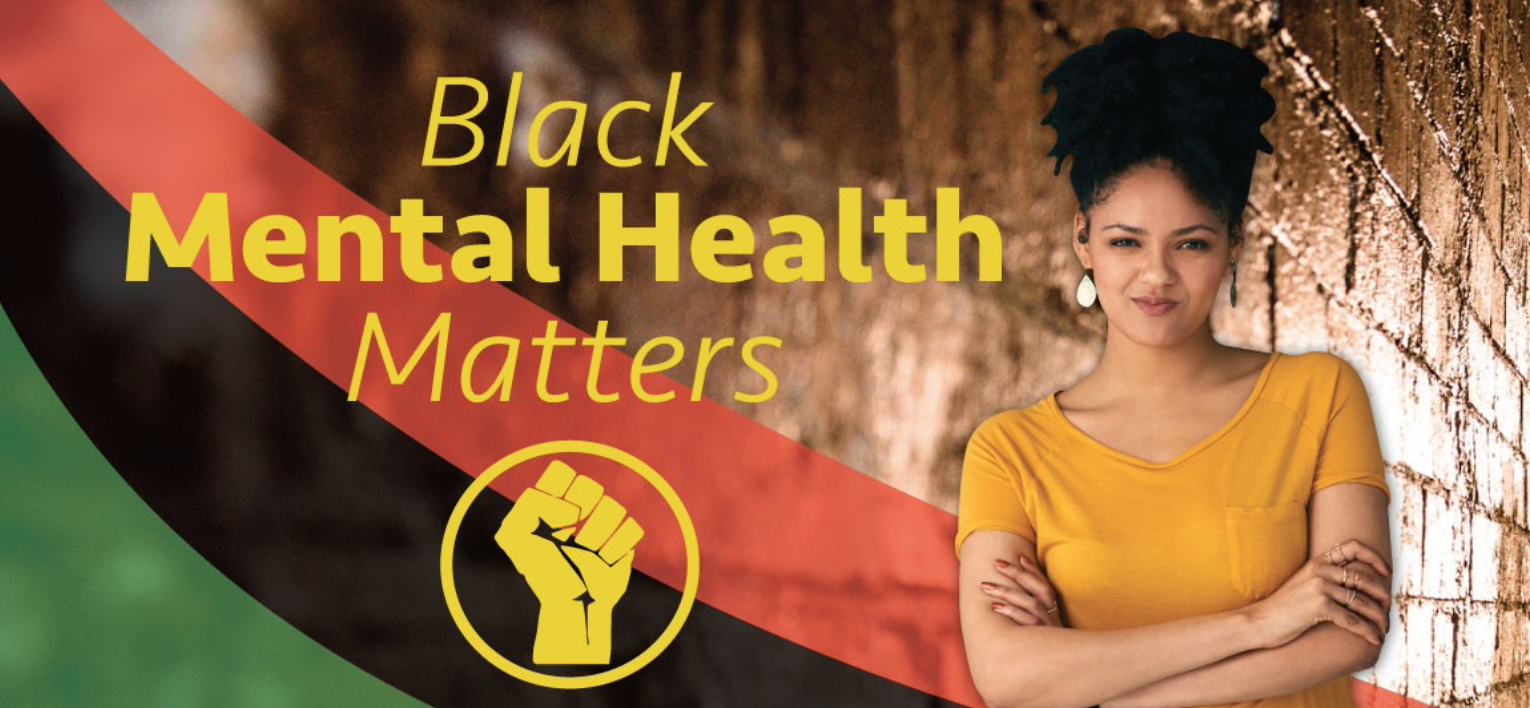Resources
This is a curated collection of articles and other resources that families may find useful, especially during this challenging time. Some links within this website may lead to websites operated and maintained by third parties. These links are provided solely as a convenience to you. The CHILD is not responsible for nor warrants the content of these linked websites and has no financial interests in the organizations hosting them.
Today’s Featured Resources
Highlights mental health issues facing the Black community
Resource Library
Book Lists that Celebrate Diversity and Teach About Equity
Coretta Scott King Book Award Winners. Common Sense Media.
Grose, J. (2020, June 2). These Books can Help you Explain Racism and Protests to Your Kids. The New York Times.
Rhuday-Perkovich, O. How to Talk to Kids About Race: Books and Resources That can Help. Brightly: Raising Kids Who Love to Read.
Social Justice Books: A Teaching for Change Project
Talking to Young Children about Race, Racism, and Anti-Racism
Chaet, A. (2020, June 6). Watch the entire CNN/Sesame Street racism town hall. CNN.
King, N. (2020, June 16). ‘I see these conversations as protective’: Talking with kids about race. NPR.
Martin, M. (2020, June 4). How white parents can talk to their kids about race. NPR: Life Kit.
Parris, D., St. John, V., & Bartlett, J.D. (2020, June 23). Resources to support children’s emotional well-being amid anti-black racism, racial violence, and trauma. Child Trend.
Talking to young children about race and racism. PBS for Parents.
UNICEF (2020, June 9). Talking to your kids about racism: How to start the important conversation and keep it going. UNICEF Parenting.
Williams, D. (n.d.). Beyond the golden rule: A parent’s guide to preventing and responding to prejudice. A Teaching Tolerance Publication.
Understanding Bias and Racism, including in Early Care and Education Settings
The color of justice revisited. Explore what Connecticut is doing to help decrease unequal treatment among young people of color in the state’s juvenile justice system.
The color of justice revisited – Walter Gilliam on implicit bias.
Gilliam, W., Maupin, A.N., Reyes, C.R., Accavitti, M., & Shic, F. (2016). Do early educators’ implicit biases regarding sex and race relate to behavior expectations and recommendations of preschool expulsions and suspensions? Yale Child Study Center.
Kirwan Institute for the Study of Race and Ethnicity. Implicit bias module series.
Turner, C. (2016, Sept. 28). Bias isn’t just a police problem, it’s a preschool problem. NPR.
Anti-Racism (Resources for Grown-ups)
Brené Brown. (2020, June 3). Brené Brown with Ibram X. Kendi on How to Be an Antiracist. Unlocking Us (podcast).
Greater Good. (2020, June 3). Anti-Racist Resources from Greater Good. Greater Good Science Center at UC Berkeley.
National Museum of African American History & Culture, Smithsonian. Being Anti-racist. To create an equal society, we must commit to making unbiased choices and being antiracist in all aspects of our lives.
Tyler, N.M. (2019, November). Want a more just world? Be an unlikely ally. TED.
Supporting Children’s Learning (while having fun!) During COVID-19
Language and Literacy
Cosmic Kids! “your place for stories, yoga and fun.”
Julie’s Library. “A new podcast for families starring Julie Andrews and Emma Walton Hamilton”
Reading A-Z printable books.
Scholastic Parents Staff. (no date). Helping children build language skills: You can help children develop their language abilities by tuning in to what they say and responding in ways that result in more talk. Scholastic.
Storyline Online, video stream celebrity actors reading children’s books.
Science, Technology, Engineering, Arts, and Math (STEAM)
Cincinnati Zoo & Botanical Garden. Home Safari Resources.
Foundations of Science Literacy, Science at Home. EDC Activities for Families.
Golden Gate Audubon Society. (2020, March 28). Nature activities for kids during COVID-19.
The Kennedy Center. Lunch doodles with Mo Willems! Kennedy Center Education Artist-in-Residence at home.
Nature Explore. Family Resources.
Rende, R. (no date). Meaningful art projects parents can fit into a busy day. National Association for the Education of Young Children.
Many zoos and aquariums have set up live webcams. Here are just a few:
Multi-disciplinary
Cox Campus. Atlanta Speech School Online Preschool.
The National Child Traumatic Stress Network. (2020). Simple activities for children and adolescents.
Ready Rosie. (2020, week of March 30). Healthy at home: A toolkit for supporting families impacted by COVID-19.
Scholastic. Scholastic Learn at Home: Day-by-day projects to keep kids reading, thinking, and growing.
SUNY Rockefeller Institute of Government. (2020, March 27). Preventing “Quarantine Slide”: Evidence-based strategies to prevent learning loss and keep parents, guardians, and caregivers sane while schools are closed.
Zero to Three: Early Connections Last a Lifetime. (2020, March 16). At-home activity guide: Play promotes healthy development, even when you’re stuck at home.
Talking to Children about COVID-19
*Additional information and resources can be found in the resource collections above
Anderson, P. (2020, March 11). Coronavirus: How to talk to your kids. MedicineNet.
Center for Disease Control and Prevention. (2020, April 1). Talking with children about Coronavirus Disease 2019: Messages for parents, school staff, and others working with children.
CNN. (2020, April 25). Watch the entire CNN/Sesame Street coronavirus town hall.
Jacobson, R. (no date). Supporting kids during the Coronavirus crisis: Tips for nurturing and protecting children at home. Child Mind Institute.
Kris, D.F. (2020, March 6). How to talk to your kids about coronavirus. PBS Kids for Parents.
Society for Research in Child Development. At Home with the Child Experts: The Science of Stress and Coping During COVID-19. SRCD YouTube Channel.
Zero to Three: Early Connections Last a Lifetime. (2020, March 16). Answering your young child’s questions about coronavirus.
Technology Use
American Academy of Pediatrics. (no date). Media and children communication toolkit.
Bongiorno, L. (no date). Uncharted territory: 10 technology tips for preschool parents. National Association for the Education of Young Children.
National Association for the Education of Young Children. Articles for families on digital media.
Society for Research in Child Development. At Home with the Child Experts: The Science of Learning and Teaching at Home During COVID-19. SRCD YouTube Channel.
Tip Sheets and General Strategies for Parents/Caregivers (and educators) During COVID-19
Bartlett, J.D., & Vivrette, R. (2020, April 3). Ways to promote children’s resilience to the COVID-19 pandemic. Child Trends.
Close, N.(2020, May 1). Wondering how your children are doing during COVID-19? Watch them play. Solidarity, from the Yale Child Study Center-Scholastic Collaborative for Child and Family Resilience.
Macmillan, C. (2020, March 25). 8 tips for working from home with kids during COVID-19: Yale experts share strategies for managing home life in a time of social distancing and self-quarantine. Yale Medicine.
Mader, J. (2020, March 18). Stuck at home with young kids due to the coronavirus? Here’s what to do—and not to do. Experts share tips, advice on screen time, activities. The Hechinger Report.
BBC News, World Services. Parentland podcasts.
Society for Research in Child Development. At Home with the Child Experts: The Science of Learning and Teaching at Home During COVID-19. SRCD YouTube Channel.
World Health Organization. (2020). Parenting in the time of COVID-19.
Resource Collections for Parents/Caregivers (and educators) During COVID-19
*Many of these collections include information on talking to children about COVID-19
Center on the Developing Child at Harvard University. COVID-19 Resources.
Child Care Aware of America. “Find information about Coronavirus and child care closures in your state.”
Collaborative for Academic Social and Emotional Learning. CASEL CARES: SEL resources during COVID-19.
Early Childhood Development Action Network. Early childhood focused COVID-19 resources.
Kidango@Home. “Learn at Home Kits and online resources provide parents with the tools to play together, read together, and learn together while maintaining your physical and mental health.”
National Association for the Education of Young Children. Coping with COVID-19.
The National Child Traumatic Stress Network. Covid-19 Resources.
Scholastic Resources for Families. “Here are some additional Scholastic resources for keeping learning going from home.”
Yale University. Family resources and suggestions for coping with coronavirus.
Zero to Three, Early Connections Last a Lifetime. Tips for families: Coronavirus.
Information on Early Childhood Learning and Development
Center on the Social and Emotional Foundations for Early Learning
National Association for the Education of Young Children. (no date). 10 effective DAP [Developmentally Appropriate Practice] teaching strategies.
Adult Well-being and Physical Distancing (Resources for Grown-ups)
American Psychological Association. (no date). Keeping your distance to stay safe.
De Witte, M. (2020, March 19). Instead of social distancing, practice “distant socializing” instead, urges Stanford psychologist. Stanford News.
Hone, L., & Quinlan, D. (2020). Real-time resilience strategies for coping with coronavirus. New Zealand Institute of Wellbeing & Resilience.
Jacobson, R. (no date). Self-care in the time of coronavirus: For parents, prioritizing your own well-being benefits your whole family. Child Mind Institute.
Katz, B. (no date). How to avoid passing anxiety on to your kids: Help yourself, and them, by learning techniques to manage stress in a healthy way. Child Mind Institute.
Moriarty, C. (2020, March 13). Feeling anxious about COVID-19? Leading mental health experts offer advice on how to stay calm amid the coronavirus outbreak. Yale Medicine.
Mothers Matter Centre. Mommy’s 15 minutes.
The National Child Traumatic Stress Network. (2018). Taking care of yourself.
Handwashing and More – Advice for Staying Physically Healthy During COVID-19
Centers for Disease Control and Prevention. (2020, April 2). Coronavirus Disease 2019 (COVID-19): Protect yourself.
Centers for Disease Control and Prevention. (2019, October 4). Handwashing: Clean Hands Save Lives. Handwashing: A family activity.
Centers for Disease Control and Prevention. (2020, April 2). Handwashing: Clean Hands Save Lives. When & How to Wash Your Hands.
Centers for Disease Control and Prevention. (2020, April 28). Keeping children healthy while school’s out.
Please share additional resources that you love!
We will review all suggestions and add to our website those which are relevant for early childhood (children approximately ages 0-8), include information or resources not already captured here, and align with our mission and philosophy at our discretion.
Use the link below to contact us with suggestions, questions, or for more information. Thank you!

